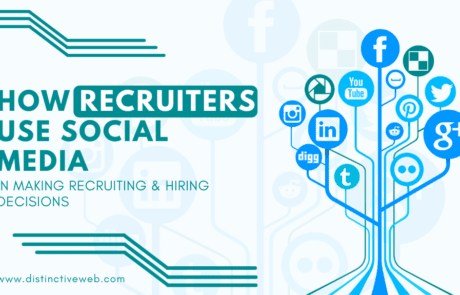As I described in a recent Forbes article, the career decision making quadrant can be a valuable tool for almost every decision you have to make regarding your career.
You’ve come to a point in your life where you’ve got several paths from which to choose. It’s time for some career decision making. It can seem a little daunting; what if you make the wrong decision? The decision quadrant is a tool that can help.
Whether it’s something as simple as what movie to see, or something with as much life-changing impact as whether or not to take the job, a decision quadrant can help. What is a decision quadrant? A decision quadrant is a simple table that can break down a decision into an easy-to-see-at-a-glance tool. Here’s an example:
| Take the New Job vs. | Staying Where You Are | |
| Pros | Quadrant 1
Pros about taking the new job |
Quadrant 2
Pros about staying where you are |
| Cons | Quadrant 3
Cons about taking the new job |
Quadrant 4
Cons about staying where you are |
Download the Career Decision Making Quadrant as a printable PDF now.
This kind of career making decision deserves careful thought and consideration. After all, your job will take up at least half of your waking hours. Is this a good job for you?
- Which job will be more likely to make you look forward to waking up each day?
- What about the people you will be working for/with? Will you get along?
- Will you get bored?
- Is it something at which you excel?
- Do you have to do as you’re told, or do you get some input as to how the job is done?
- Is this a job where you can make a difference? Is that something that matters to you?
- How much travel is involved, if any? Are you okay with that?
- Will you be able to make beneficial connections through this job?
- Is this a possible rung on your way up the ladder?
- Will you have to buy an entirely new wardrobe for this job, and is that okay?
- Will the people who matter in the company be able to see and judge the quality of your work?
What do you admire about this company? Ask yourself what kind of company this is. Would it be a good fit for you?
- Does the atmosphere of the company fit who you are?
- Are there certain rules and policies for the company? If so, are they in writing?
- Do you agree with these company policies?
- Is there possibility for advancement?
- Does this company seem like it will grow and thrive in the future?
- How does the company treat its employees?
Now it’s time to think about the money. When you get right down to it, you only really need enough money for food, a home, clothing, and a way to get to and from your job. Decide what you need to be happy.
- Are you being offered fair pay for the service you will be providing?
- Does this job offer any variable pay opportunities such as stock options, commissions, or bonuses?
- Does this job offer health insurance? If so, do you get any say-so in coverage plans? What percentage do you have to pay?
- Is there a retirement plan available?
- Do you have to provide your own vehicle or do they supply a company car?
- What are the company’s policies concerning sick days, family leave time, and/or vacation time?
- How do they determine who is eligible for a raise?
After you’ve asked yourself these questions and recorded them on your decision quadrant, take the time to look at the results and make an informed decision. It’s possible to avoid future headaches by doing your research ahead of time. Find out all you can about your employer and your potential job. Try looking online in places such as LinkedIn for employees, then go on Facebook or Twitter and see what they are saying about their jobs.
Your parents or grandparents likely worked for 30-plus years at the same job. Times have changed, and few people will retire with a gold watch after the end of a long career with the same company. Boris Groysber, a professor of business administration at Harvard Business School, says that people switch jobs every three or four years on average. (Gallo, 2017) That’s why it’s such a good idea to use the decision-making quadrant to help you in your career decision making.










